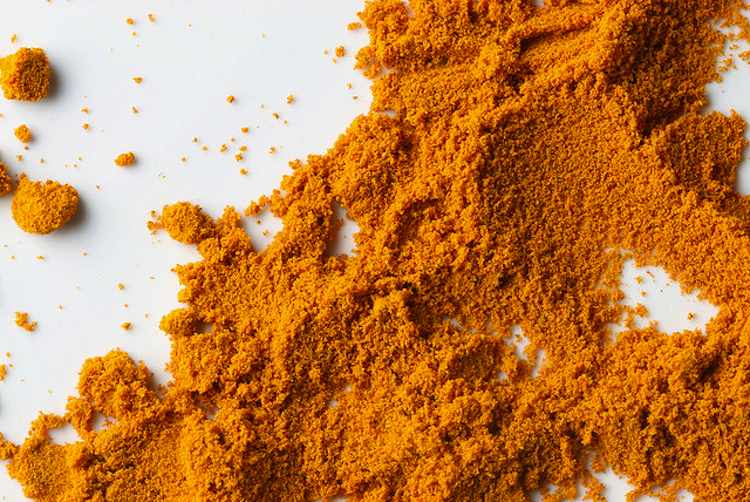“Scientists have found that a chemical component in the spice turmeric—commonly used in Indian cuisine and curries—increases the regeneration of new neurons in cell cultures and in lab rats,” reports Newsweek.
As with other organs, the brain has an impressive ability to repair itself (within reason), and in a study published last week in the journal Stem Cell Research & Therapy, turmeric extract offered a possible avenue to healing, according to the new article here.
Preliminary findings from numerous animal and other laboratory studies suggest that a chemical found in turmeric—called curcumin—may have anti-inflammatory, anticancer, and antioxidant properties.
Previous studies suggested that curcumin, the active phenolic compound in turmeric, may be an effective treatment for other neurodegenerative diseases. Specifically, a couple of studies showed that curcumin inhibited the formation of amyloid ß plaques, which is thought to destroy neurons in Alzheimer’s disease, but all these findings have not yet been confirmed in actual patients.
Recently, a group of National Eye Institute-funded researchers found that curcumin may also be effective in treating retinitis pigmentosa (RP), an untreatable disease that leads to severe vision loss and blindness that affects more than 1 in 4,000 people worldwide.
The amounts used in her study of lab rats are more than one would get in a normal diet. “We need to test the effective dose of curcumin in patients,” Dr. Radha Ayyagari Ph.D., associate professor of ophthalmology at the University of California San Diego, who grew up in India with a great appreciation for the therapeutic potential in curries.
Some Indians credit turmeric for that country’s low incidence of Alzheimer’s. The flavor is not very strong, so it’s easy to incorporate in various dishes. Try adding it to cooked rice.
Photo by Steven Jackson Photography (CC license)





















I have been taking Cayenne pepper for over 20yrs along with
Ginkgo Biloba. I am 76 yrs and I am still working 7 days a week.
I feel as though I am about 60.
I take both every day and I never break the cycle never.
I do not know if this has helped me to get to this age or not.
I maybe the odd one out as I have never been in hospital,
I see my Doc once a year for a check up.
I eat almost everything but in moderation.
I smoked from the age of 17, stopped almost 4 yrs now.
Stopped drinking at the same time. put on a few pounds.
Well, GOOD for you, Ray! … on all counts.
We can all learn from you. 🙂
Thank you for your comment
I hope my history will encourage others.
Judith wrote in to say (and think it is good advice): “Regarding curry/turmeric, I have a whole book on the subject, and suggest you use only the best. Others are less potent and less absorbable, according to Jan mcBarron, M.D., N.D. The good stuff is BCM-95 Curcumin. I found it at Schrock’s health foods store in Pueblo, Colorado. It’s 2 hours away, so I have them ship it to me. It’s put out by a company called Terry Naturally.”
Thank you Judith. If you are NZ
Then you will know the person
that lent me the book on Cayenne Pepper
many many years ago.